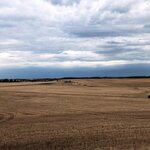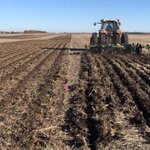
With the greenland ice melt in the news, what can we do to adapt to a rising sea level, and how much will it actually be? First, the melting this summer was nothing unexpected. Last year Greenland had so much snow in 2017–8 that it actually gained ice rather than lost ice. So, now we have a warmer summer and it loses more than usual - not a big deal. This of course is the northern hemisphere summer which is why this news is about Greenland rather than Western Antarctica.
Mark Serreze, Director of the National Snow and Ice Data Center, interviewed by Discovery blog put it like this:
If you…








